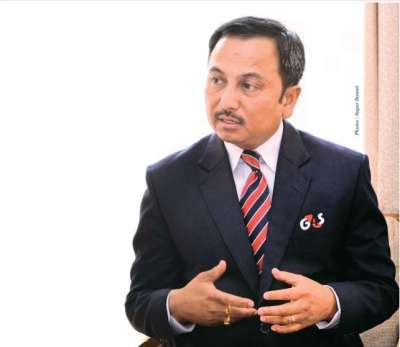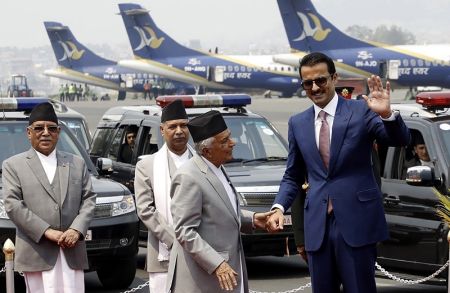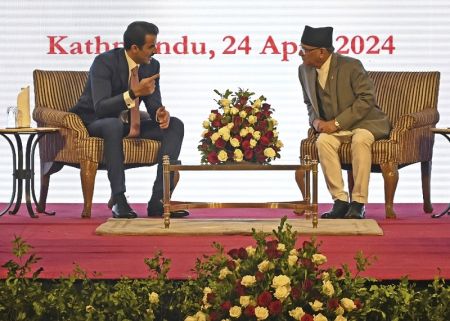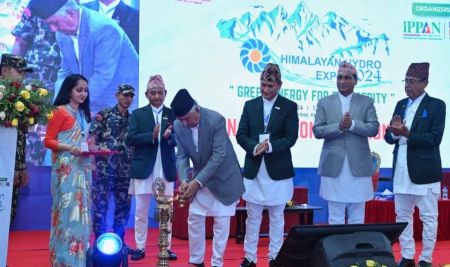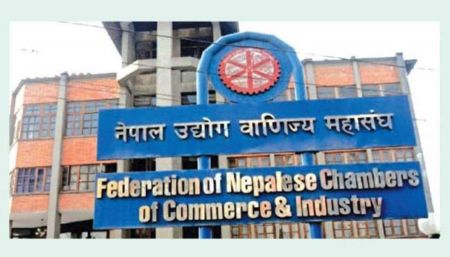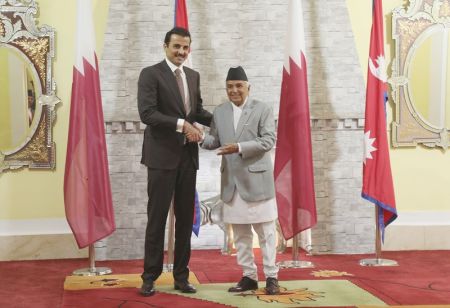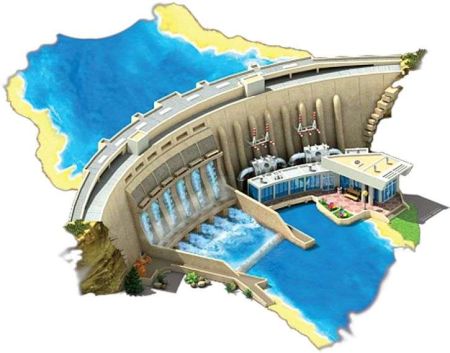The Everest Bank Pvt. Ltd. (EBL) appointed AK Ahluwalia as its new chief executive officer effective from July 1. Founded in 1994, the bank has been one of the leading banks of the country catering to various segments of society. Ahluwalia, who has 32 years of experience in the banking sector, was deputy general manager of the Punjab National Bank, India. He has key expertise in credit and recovery in the banking system and now leads the Everest Bank which has 50 branches, 25 collection counters and 67 ATMs. In this interview with Siromani Dhungana of New Business Age, shares his experiences in banking sector and his plans in Nepal to lead Everest Bank into the next level. Excerpts:
You worked with the Punjab National Bank for 32 years. How do you see the banking sector in the South Asian region?
In my view, there is one thing common to the entire region which is the general slowdown of the economy. The inflationary trend also affects the cost of goods produced, thus making them uncompetitive in the international market. As a result, exports slow down. There is also a general tendency on the part of entrepreneurs to procrastinate in expanding their existing units or setting up new industries due to the slow economy.
So you think the manufacturing sector and the banking sector will go well together?
I believe so. When the manufacturing sector is on an upswing, more capacity is created and utilized, more jobs are created and the standard of living of employees improve. People's purchasing power improves, in turn increasing demand. This is a cycle which continues and contributes in a big way to boost the economy. Banks contribute in their own way by dispensing credit and also by absorbing the additional income of people as deposits, and investing the same.
You were with the Punjab National Bank in Delhi before coming Everest Bank Limited. What inspired you to be here?
I have worked for 32 years in the Punjab National Bank, having joined as Management Trainee. During my time there, I worked in all types of branches as branch manager and also at the corporate office as well as the circle office. Now I have a chance to work as CEO at Everest Bank Ltd, which is a prominent commercial bank in Nepal. It is my privilege to be a part of this institution and it would be my endeavour to carry it forward and try and make the bank stronger within the framework of regulatory guidelines.
What are your future plans here onward?
Everest Bank has been doing exceeding well. It has created a unique brand image for itself. Over a period of time, it has become one of the leading commercial banks of Nepal. I believe when you have raised expectations of your stake holders, whether customers, staff, shareholders or promoters, you have to live up to them. It takes a lot to create the brand image and it would be my priority to add further value to it. I have a great team of people working with me who are fully devoted to take the bank to the next level.
Will you bring unique products/services to push the bank to the next level?
I have been CEO of the bank only for a fortnight and it is too early to comment. However, my priority would be to increase the customer base of the bank, both in deposits as well as credit. The existing products are, and also in future would be, in keeping with the customers’ needs and expectations.
Let’s talk about your career and what your banking experience has taught you.
My banking experience has taught me one very simple thing - that if I want my customers to be loyal to me, I have to be loyal to them. When we give correct advice to our customers and deliver exactly what we promise, their loyalty automatically grows.
Your key expertise is in credit and recovery. Can you bring some innovative ideas in these areas?
Credit is basically a function of delivery. For a credit customer, delivery has to be very fast. As far as recovery is concerned, it is basically about being vigilant. If we are vigilant about our accounts, and if the monitoring is good, then recovery is not an issue. Primarily, if we are able to catch signal of an account going sticky at the right time, then corrective measures can be taken immediately.
Any plans for the rural sector?
Prior to my joining EBL, the bank already had plans for agriculture financing, having set up a branch at Rajbiraj, Krishi Udhyam Bikash Sakha. We are also encouraging some corporate clients to boost finances in rural areas.


